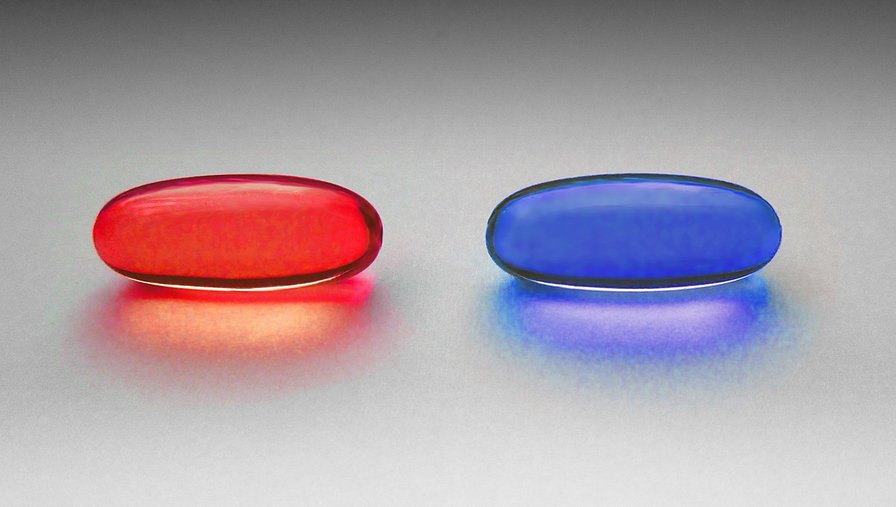
Since humans began ingesting nutrients and medicines in pill form, the possibility of fixing every problem via this mechanism has tantalized the imagination. Depressed? Angry? Unable to focus? Sexually dysfunctional? Someone, somewhere has a pill for that. How about a pill that will exercise for you?
Okay, that’s not quite how it works, but the idea of providing the same physiological mechanisms of exercise—namely, cardiovascular health and weight loss—by swallowing a pill is closer than you might think.
One pill in particular (GW501516) mimics the effects of endurance exercise on the gene PPAR-delta. When 516 binds to this gene it boosts a signal to burn fat. So far this experiment is working in two mice, dubbed Couch Potato Mouse and Lance Armstrong Mouse.
These mice are residents of San Diego’s Salk Institute, where both enjoy a plentiful diet of a fat-sugar mix that tastes like cookie dough. Both rodents are also sedentary; Lance isn’t out huffing it on a wheel all day. The only difference is that Couch Potato does not get his daily 516, which is why he’s fat and greasy. Lance, by contrast, exhibits tons of energy while maintaining a sleek figure.
516 was initially created by GlaxoSmithKline when chemical biologist Tim Wilson was looking for ways to treat diabetics. Initial results on obese monkeys showed an increase in good cholesterol and a reduction in bad cholesterol, insulin levels, and triglycerides. At the time Wilson believed he stumbled upon a metabolic syndrome wonderdrug.
His hopes held until 2007, when the pharmaceutical giant shelved 516 as long-term toxicity effects started rolling in. Animal studies showed evidence of rapidly developing cancers in a number of organs. Without a seventy-year trial the company was concerned the FDA would not feel the consequences were worth lower cholesterol.
Cue fitness fanatics. Around the time 516 was being shelved, molecular and developmental biologist Ron Evans started injecting the above mice. Though the World Anti-Doping Agency (WADA) banned 516 in 2009, steroid message boards are filled with anecdotal test cases, in part due to evidence from Evans’s lab. The drug prevents you from “hitting the wall” too soon due to a boost in your reserves of adenosine triphosphate (ATP). With a bit of tweaking Evans hopes this switch becomes genetically encoded:
We proved that endurance…
The post Would You Take An Exercise Pill? appeared first on FeedBox.